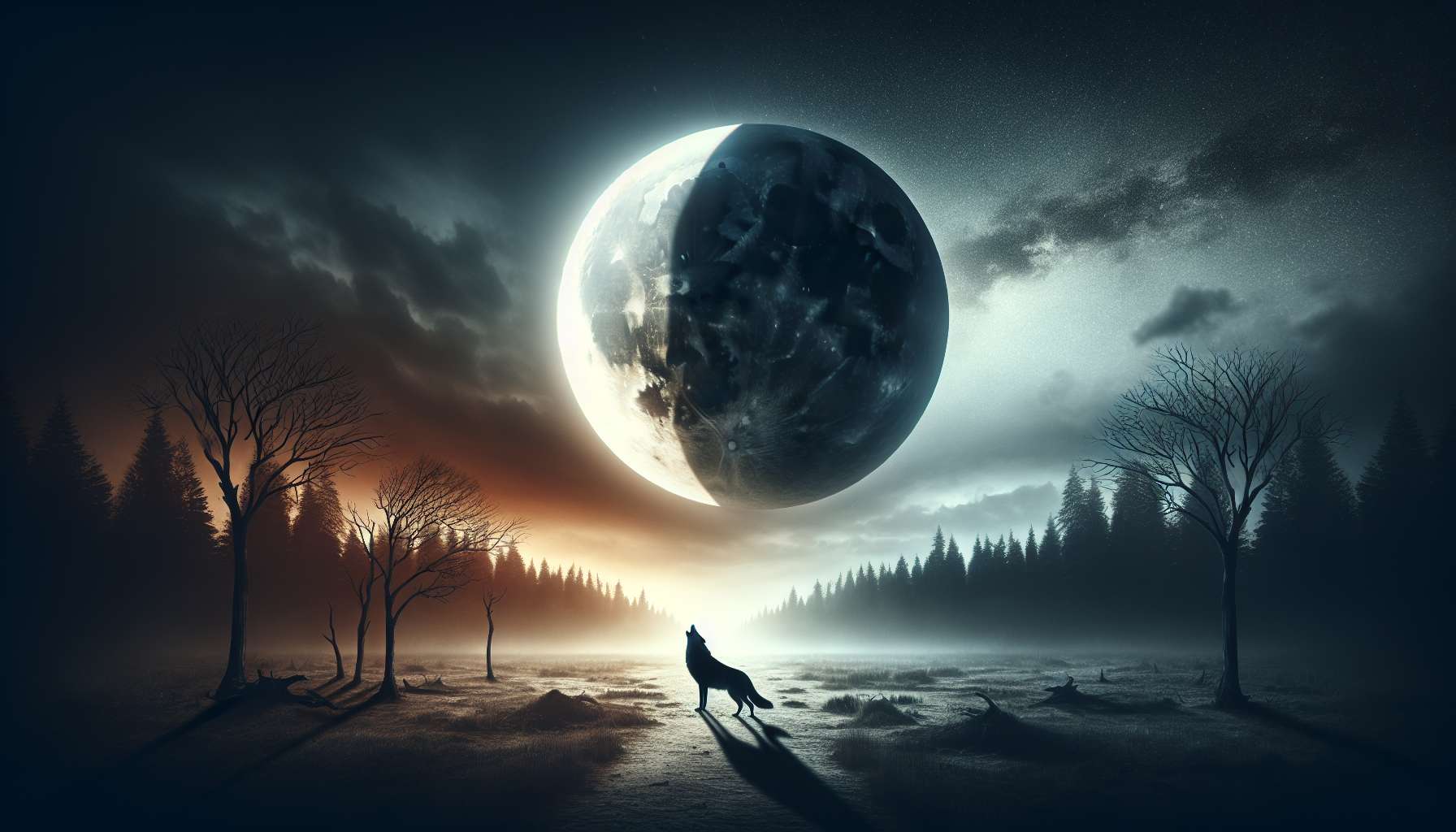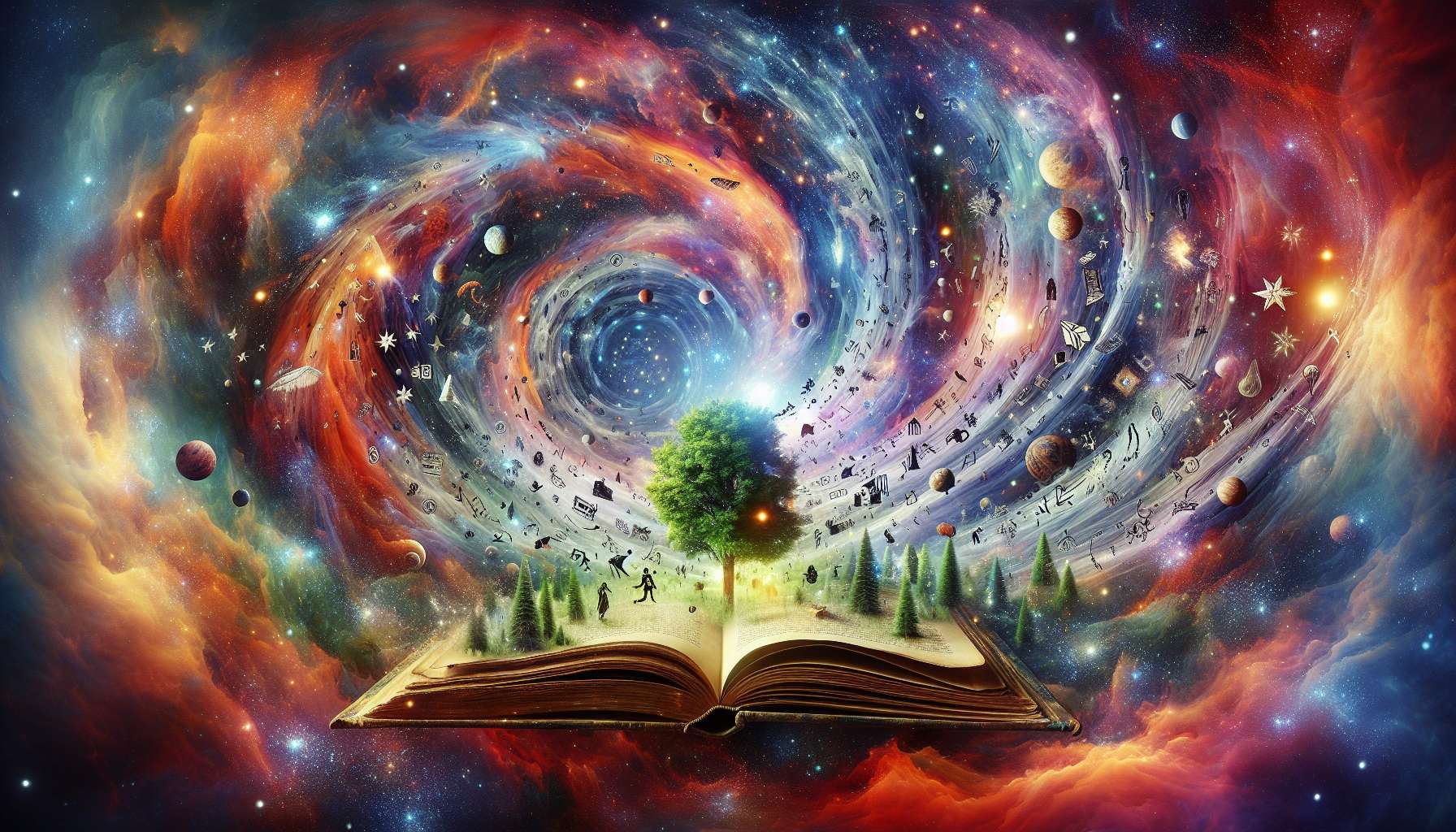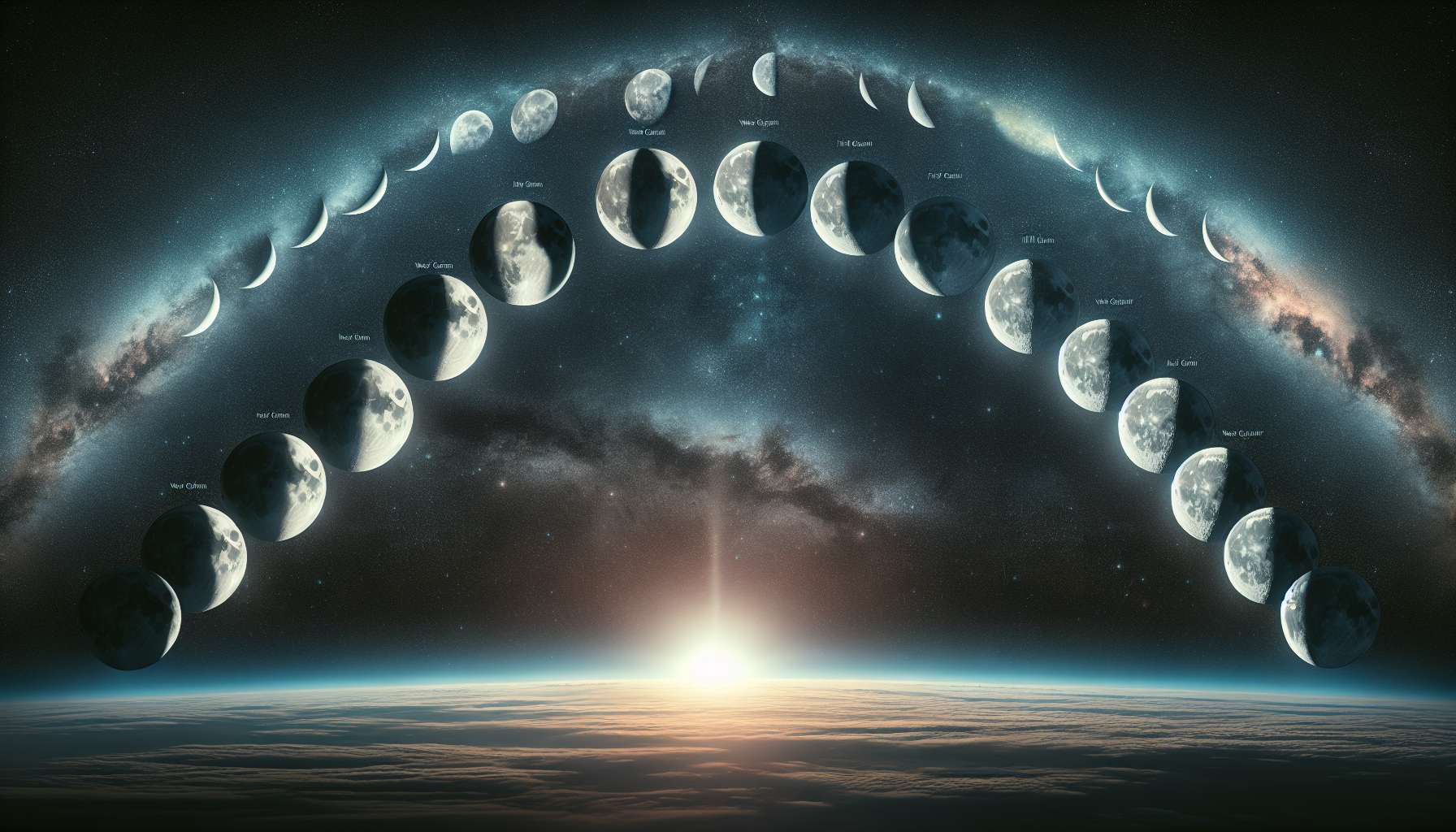Lunar Eclipse Symbolism: Unveiling the Mysteries of the Celestial Phenomenon
When the moon is obscured by the shadow of the Earth, a mesmerizing celestial event occurs – a lunar eclipse. This phenomenon has fascinated humanity for centuries, inspiring myths, legends, and spiritual beliefs across cultures. But beyond its awe-inspiring beauty lies a rich tapestry of symbolism that delves deep into our collective consciousness. Join us on a journey to explore the intricate meanings and interpretations of lunar eclipse symbolism.
The Significance of Lunar Eclipses in Different Cultures
Throughout history, lunar eclipses have been viewed with a sense of wonder and reverence by various civilizations. In ancient Mesopotamia, the Babylonians believed that lunar eclipses were omens sent by the gods, signaling impending events such as war or famine. The Chinese, on the other hand, saw eclipses as a dragon devouring the moon, prompting them to create loud noises to scare the dragon away.
Similarly, in Hindu mythology, the demon Rahu is said to swallow the moon during an eclipse, only to release it later, marking the end of the eclipse. These diverse cultural interpretations highlight the universal fascination with lunar eclipses and their symbolic significance in shaping beliefs and practices.
The Symbolism of Light and Darkness
At its core, a lunar eclipse represents the interplay between light and darkness, symbolizing the eternal cycle of life, death, and rebirth. The gradual disappearance of the moon as it passes through the Earth’s shadow mirrors the ebb and flow of existence, where light gives way to darkness before emerging once again.
From a symbolic perspective, the darkness of the eclipse can be seen as a time of introspection, a moment to confront our shadow selves and embrace the hidden aspects of our psyche. Just as the moon wanes and waxes, we too experience periods of growth and decline, learning to navigate the duality of our nature through the symbolic lens of a lunar eclipse.
The Metaphor of Transformation and Change
One of the most powerful symbols associated with lunar eclipses is that of transformation and change. As the moon undergoes its celestial dance with the Earth and the sun, it symbolizes the process of shedding old patterns, beliefs, and limitations to make way for new beginnings.
In astrology, lunar eclipses are often seen as potent portals for personal growth and evolution, where hidden truths are brought to light, and subconscious desires are illuminated. This metaphorical journey of self-discovery mirrors the cyclical nature of eclipses, inviting us to embrace the transformative power of change and embrace the unknown with courage and grace.
The Spiritual Implications of Lunar Eclipses
For many spiritual traditions, lunar eclipses hold profound symbolic significance, serving as a time of heightened spiritual energy and cosmic alignment. During an eclipse, the veil between the physical and spiritual worlds is said to thin, allowing for deeper insights, intuitive breakthroughs, and spiritual revelations.
Astrologically, lunar eclipses are often seen as potent catalysts for spiritual awakening and inner transformation, urging us to release outdated beliefs, heal past wounds, and align with our higher purpose. This spiritual symbolism of lunar eclipses invites us to connect with the divine forces at play and embrace the cosmic energies that guide our path towards enlightenment.
The Psychological Interpretations of Lunar Eclipse Symbolism
In psychology, lunar eclipse symbolism can be viewed through the lens of Carl Jung’s concept of the shadow self. Just as the moon is obscured during an eclipse, our shadow selves represent the hidden, unconscious aspects of our personality that we often repress or deny.
By confronting our shadow selves during a lunar eclipse, we have the opportunity to integrate these disowned parts of ourselves, leading to greater self-awareness, authenticity, and wholeness. This psychological interpretation of lunar eclipse symbolism sheds light on the transformative power of embracing our inner darkness and integrating it into our conscious awareness.
The Modern Interpretations and Applications of Lunar Eclipse Symbolism
In modern times, the symbolism of lunar eclipses continues to captivate and inspire people around the world. From artists and writers drawing on the mystical allure of eclipses in their work to scientists studying the celestial mechanics behind these phenomena, lunar eclipses hold a unique place in our collective imagination.
Moreover, the rise of social media and technology has allowed for real-time sharing of lunar eclipse events, fostering a sense of global community and connection. People from different cultures and backgrounds can now witness the beauty and symbolism of lunar eclipses together, bridging geographical divides and celebrating our shared humanity.
The Future Implications and Debates Surrounding Lunar Eclipse Symbolism
As we look towards the future, the symbolism of lunar eclipses is likely to evolve and adapt to the changing landscape of our world. With advances in technology and space exploration, we now have a deeper understanding of the celestial mechanics behind eclipses, shedding new light on their symbolic significance.
Furthermore, debates and controversies may arise around the cultural appropriation of lunar eclipse symbolism, as different groups seek to reclaim and reinterpret these ancient symbols in a modern context. By engaging in respectful dialogue and collaboration, we can honor the diverse meanings and interpretations of lunar eclipses while forging new pathways for understanding and connection.
Expert Opinions on Lunar Eclipse Symbolism
Renowned astrologer and author Susan Miller shares her insights on the symbolism of lunar eclipses: “Lunar eclipses are powerful cosmic events that bring hidden truths to the surface and illuminate the path forward. By embracing the transformative energy of eclipses, we can unlock our full potential and align with the cosmic forces at play.”
In a recent study published in the Journal of Psychological Astrology, researchers explored the psychological implications of lunar eclipse symbolism on individual behavior and attitudes. Their findings suggest that lunar eclipses can act as potent triggers for personal growth and self-discovery, leading to profound changes in belief systems and worldviews.
Common Misconceptions about Lunar Eclipse Symbolism
One common misconception about lunar eclipse symbolism is that it is purely superstitious or irrational. In reality, the symbolism of lunar eclipses is deeply rooted in cultural traditions, spiritual beliefs, and psychological insights that have stood the test of time.
Another misconception is that lunar eclipses have negative connotations or foretell doom and gloom. While eclipses can be intense and transformative, they also offer opportunities for growth, healing, and renewal. By reframing our perception of lunar eclipse symbolism, we can harness its positive energy and embrace the potential for personal and collective evolution.
Conclusion: Embracing the Symbolism of Lunar Eclipses
In conclusion, the symbolism of lunar eclipses serves as a powerful reminder of the interconnectedness of the cosmos and our place within it. By exploring the rich tapestry of meanings and interpretations associated with lunar eclipses, we can deepen our understanding of ourselves, our world, and the mysteries of the universe.
As we navigate the cycles of light and darkness, transformation and change, spiritual awakening and psychological integration, let us embrace the symbolism of lunar eclipses as a guiding light on our journey towards self-discovery and enlightenment. May the magic of the moon inspire us to reach for the stars and shine brightly in the darkness, knowing that we are part of a larger cosmic dance that transcends time and space.




